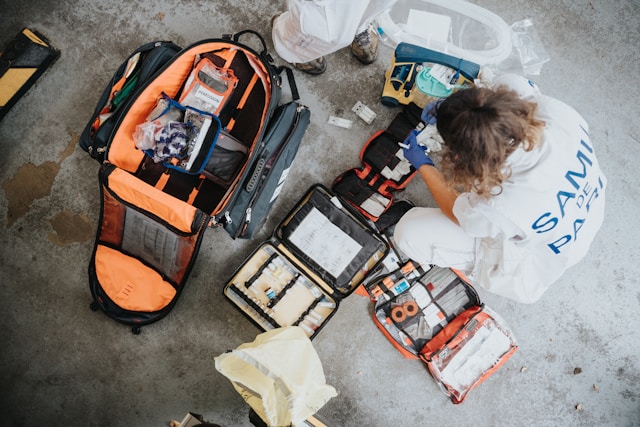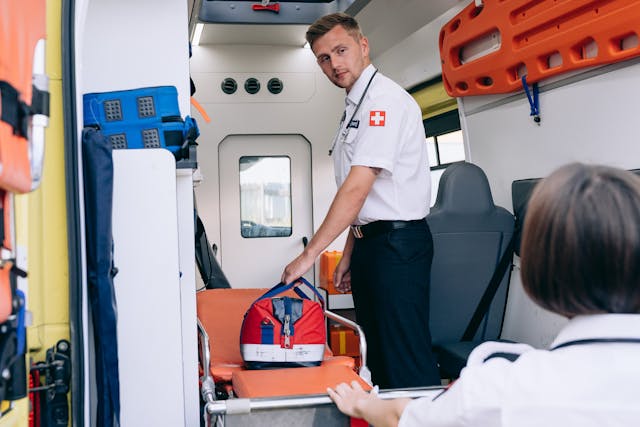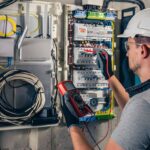Imagine that someone you care about gets hurt at home. It feels like time is running out when panic sets in. When this happens, knowing what to do can make the difference between small problems and ones that could put your life in danger. Now is the time to learn how to give first aid.
Everyone in the family needs to know how to give first aid, not just medical experts. Whether you need to treat minor injuries or deal with a more serious emergency, being ready gives you the confidence to act when it matters the most. Making your family aware of basic first aid skills is not only good for their health, but it also makes everyone feel safer in the house.
Being aware and ready are the first steps to making your home safer. Let’s talk about how learning first aid can change the way you keep your family safe at home and make sure that everyone is involved in staying healthy and happy.
When you learn first aid, you can be ready for these situations
Learning first aid gives you the skills you need to help people in an emergency. Being able to evaluate a scenario can make the difference between freaking out and taking action.
When an accident happens, time is very important. Emergcare helps you keep your cool when things get tough. You learn important things like CPR, how to help someone who is dying, and how to take care of wounds.
Learning how to give first aid also boosts confidence. Giving kids and adults the confidence that they can help in an emergency is a good thing.
Practicing scenarios helps you get ready for things that might happen in real life. These simulations help you get ready for a range of emergencies, from small injuries to big events, so you’re not caught off guard.
Your skills stay sharp as long as you keep up with new standards and techniques. You will be a better carer when it means most if you keep learning new things.

Important first aid skills that everyone in the family should know
Everyone in the family can feel more confident if they know basic first aid skills. These skills are very important for knowing what to do in a situation.
From the very beginning: CPR is very important. Knowing how to do chest compressions and rescue breathing can save lives, especially when someone is having a heart attack or other serious emergency.
Another important skill is how to take care of wounds. Knowing how to clean a cut or scrape properly keeps it from getting infected and speeds up the healing process. It’s also important to know when a cut needs to be treated by a doctor.
Make sure everyone knows how to use methods like the Heimlich manoeuvre to help someone who is choking. This information could be very helpful if something goes wrong at meals.
If your family knows how to spot signs of shock or severe allergic reactions, they can move quickly and possibly save someone from serious harm.
You shouldn’t forget about basic burn care. Learning how to safely cover and cool burns can help you deal with the pain until help comes.

How to put together a first-aid kit and an emergency plan for your home
Putting together a well-stocked first aid kit is important for every home. Get some basic tools first, like tweezers, adhesive bandages, clean gauze pads, and antiseptic wipes. Don’t forget to bring tools and a blanket in case of an emergency. Make your kit fit the needs of each person of your family. Think about people who have allergies or long-term conditions that may need extra care.
After you have your kit ready, making an emergency plan is the next step. Talk to your family about what could go wrong in case of an emergency at home. Things like fires, natural disasters, or illness problems are all possibilities. Make sure everyone knows what to do when time is running out by giving them jobs.
Make sure that everyone in your home knows where the first aid kit is and how to quickly get to it. Check it often to see if it has any expired items or things that were used up during small events.
Getting better over time! Do drills with your family often so that everyone can get a chance to act as if they were really in an emergency. This makes sure that everyone is sure of themselves and ready for the most important moments. Preparing your loved ones for unexpected scenarios by learning first aid and having the right tools on hand are two things that you can do to protect their health and safety.
















